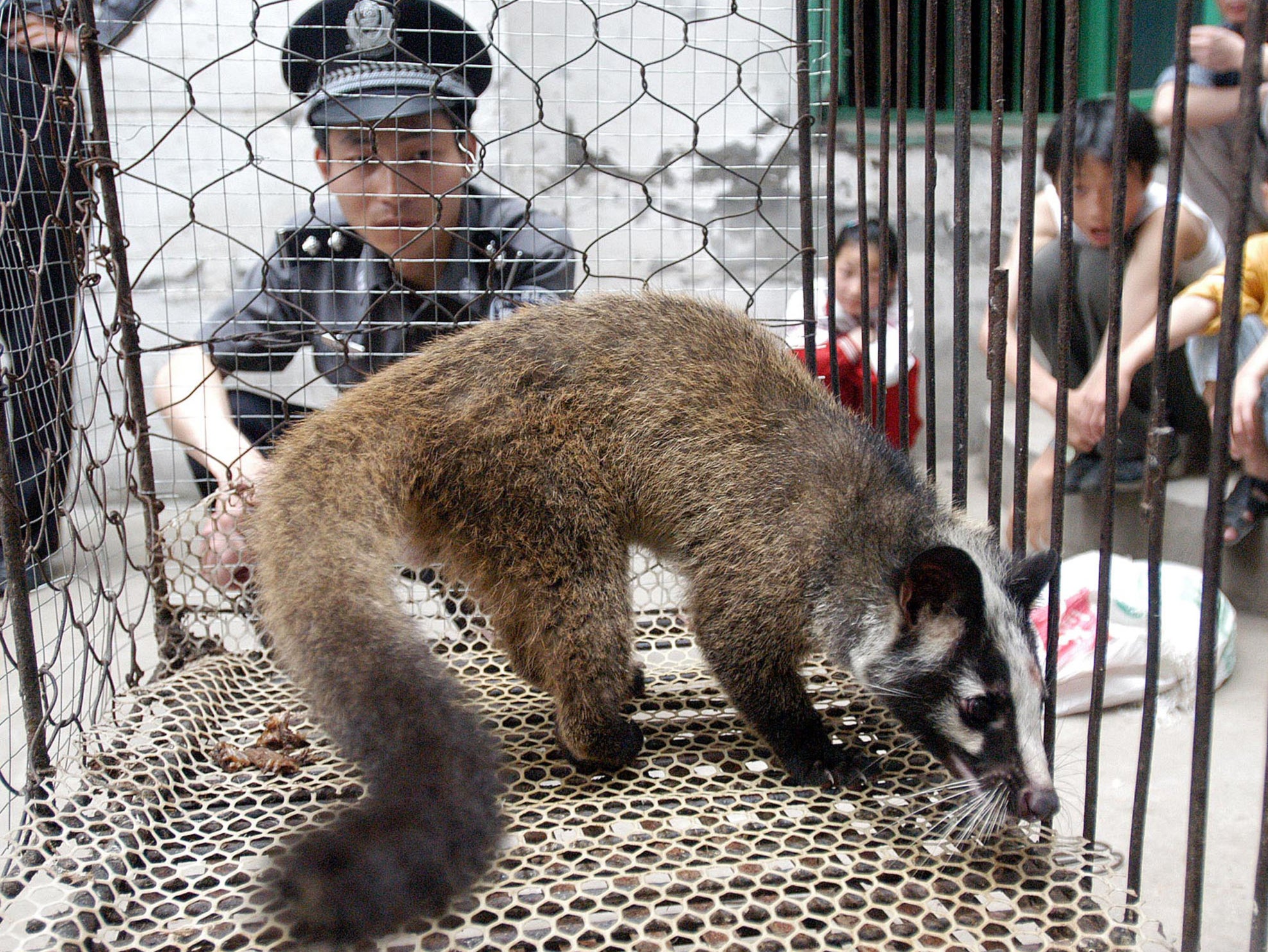No evidence Covid leaked from a lab but probably emerged from wildlife trade, say WHO scientists
Pandemics threat must be treated with same seriousness as terrorism, warn experts

World Health Organisation (WHO) scientists say they have found no evidence that Covid-19 leaked from a Chinese laboratory, and instead it was probably caused by the wildlife trade.
The four WHO experts who carried out a month-long investigation in China insisted there was nothing that proved the disease was deliberately developed.
And they called for the threat of pandemics to be treated with the same seriousness as terrorism after the 11 September 2001 attacks.
The scientists said in a Chatham House briefing that they found links between the live-animal market in Wuhan, where people first fell ill, and regions where bats had viruses.
Peter Daszak, a zoologist and president of EcoHealth Alliance, which works to prevent pandemics, said: “There was a conduit from Wuhan to the provinces in South China, where the closest relative viruses to [the coronavirus] are found in bats.”
Dr Daszak said the wildlife trade was the most likely explanation of how Covid-19 arrived in Wuhan.
The WHO scientists and their Chinese counterparts considered the most likely explanation was that the virus crossed into domesticated or farmed animals, he added.
The world will find out “fairly soon, within the next few years” what started the pandemic, he predicted. It typically takes many years to pinpoint the animal reservoir of outbreaks.
The team are due to release a report next week on the initial conclusions of their mission to Wuhan.
Marion Koopmans, head of viroscience at University Medical Centre Rotterdam, said they visited the three laboratories closest to the Huanan market in Wuhan, and scrutinised their protocols and research, among other issues.
"We concluded that it’s extremely unlikely there was a lab incident,” she said.
China has faced claims that the Wuhan Institute of Virology could be the suspected source of the Covid-19 virus.
Dr Daszak called for the threat of pandemics to be treated with the same seriousness as terrorism after the 9/11 attacks.
“We don’t put enough energy into forecasting pandemics and working out where the next ones are going to come from and what it might be, whereas we do that with hurricanes and typhoons and all the rest of it,” hesaid.
He added: “After 9/11, we put in place a mechanism to track every single phone call into the US, and the minute there’s a rumour on the web or on these phone calls of an attack, the network is disrupted prior to the attack.
“That’s the kind of change or shift in thinking we need for pandemics, I believe.”
Dr Daszak said: “Let’s look at where wildlife are interacting with livestock and people, and see what is out there and try and find out what threats could emerge in future.”
Subscribe to Independent Premium to bookmark this article
Want to bookmark your favourite articles and stories to read or reference later? Start your Independent Premium subscription today.

Join our commenting forum
Join thought-provoking conversations, follow other Independent readers and see their replies